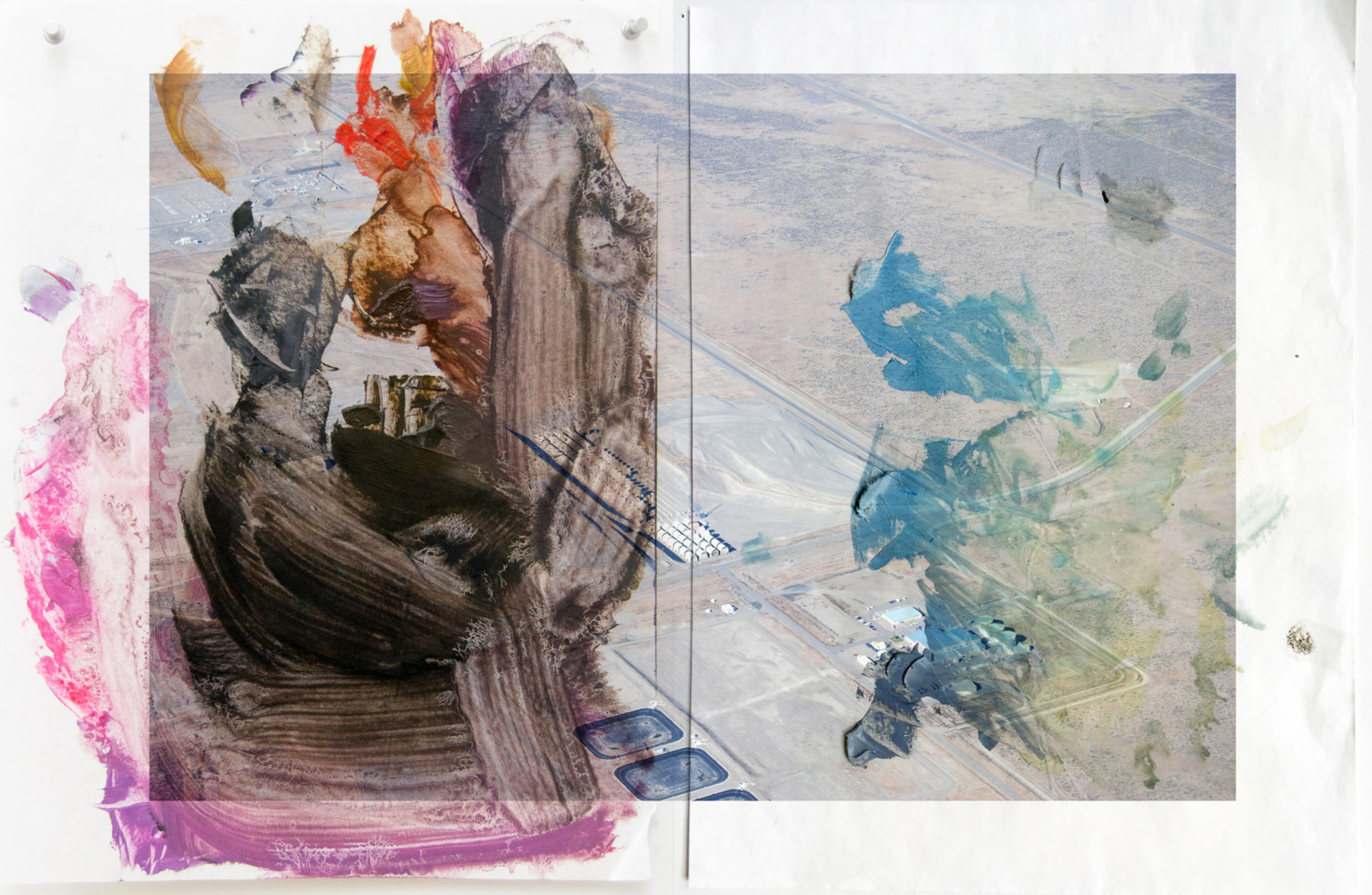back to Issue 17
by David Capps
Bartenders have heard it all, or most of all of it, mostly everything you’d want to hear from anyone, really. But I’ll tell you one I hadn’t heard until it happened. I was working late one night, a Saturday, football was on the screen, the bar was half full, a few floozies, mostly quiet, I had turned it down because I don’t really go in for sports. I was polishing my glasses and occasionally throwing a look to a pasty-faced college kid at the end of the bar, ringlet curls slicked back, nursing a gin and tonic more gin than tonic, kind of bloated and out of place (but not so much as Sunday Dads with babies strapped to their chests), probably his first time here, just soupy drunk, not really the sort of tottering drunk slurring words sort of thing you see more commonly among the regulars, and not really the fake laugh eye-batting wine glass after wine glass you see among certain ladies who want to retain some appearance of respectability. But—and others at the bar began to notice—his was a sort of solid, plastered statue of drunk, limb-heavy, leaning ever so slightly with his elbows into the bar, yet his eyes glazed over in almost meditative calm. Someone give him a water, they cajoled, and I complied, though he barely passed his hand over it, like he was Princess Diana waving from her limousine, or the Pope blessing some lame animal. I’m always careful to watch the silent types—ambulances are bad for business—how the breathing changes, after the booze begins to show its true depressive colors, and yet his breathing slowed down so gradually that it reminded me of the manual I’d been reading in my spare time (which is little) about Zen meditation, how you can count each breath, and when you are really in the zone there can be an alignment of chakras, realizations that occasionally offer a glimpse into a world beyond this one, a world where the form of emptiness is absolutely identical to the interconnectedness of all things: the quick glances to the screen as friends watch the football play, the foam spilling over as I pull a draft from the tap, the abrupt scoot of a stool as someone gets up to go to the bathroom, laughter from the table full of graduate students, the punch line of some dry joke, the writer at the bar alone drifting in and out of thought, and then him, this boy at the far end, as though in realization sat stolidly as a kind of knot tying together all these half-remembered fragments which did in fact characterize the moment—he, the smug little Buddha turning his back to enlightenment toppled his water and growled: I hate you all. And? I wish I could say that a serene silence followed, but for the most part his voice was drowned out by the football game. The night continued on much as before, people gossiping about how he must have been seething with self-loathing, suffering a bad breakup, etc. Easy things falling short of the ordinariness of attainment.
David Capps is a writer living in New Haven, CT. His latest chapbooks include On the Great Duration of Life (Schism Neuronics, 2023), Fever in Bodrum (Bottlecap Press, 2024), and Wheatfield with Reaper (Akinoga Press, 2024).
